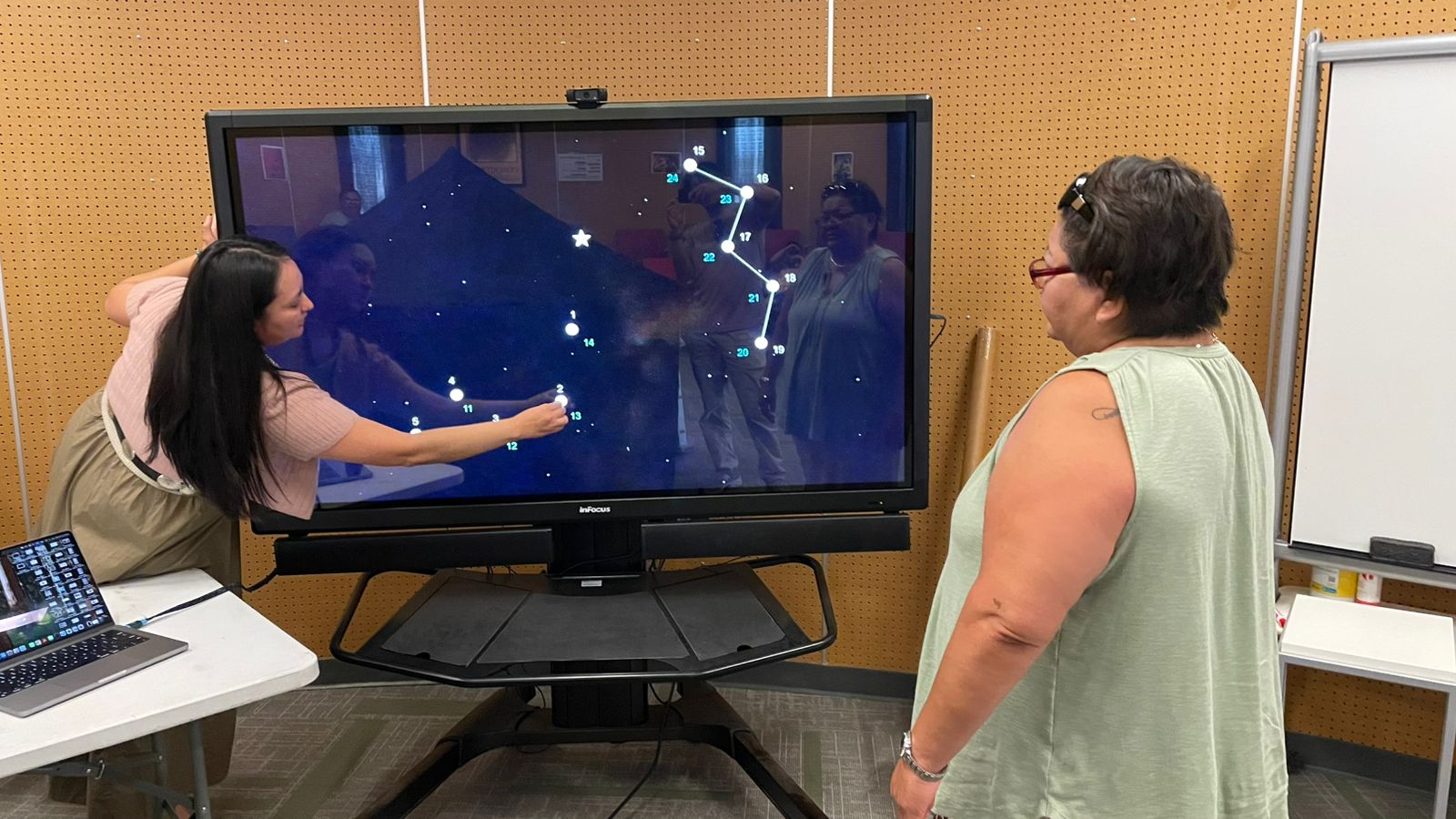Author:
Brittany Schell
The importance of anthropology in poverty alleviation and development work was showcased at a March 8 panel discussion hosted by the Blum Center for Developing Economies, where speakers highlighted how anthropology can help us understand economics, policy and the alarming rates of poverty that persist in the world.
The discussion, “Anthropological Insights on Poverty in Developing Economies,” was moderated by Richard C. Blum, founder of the Blum Center, and featured four female panelists in honor of International Women’s Day.

Tett, who has a Ph.D. in anthropology, talked about the role of anthropological analysis in economic discussion and policy creation. Her recent book, Fool’s Gold: How Unrestrained Greed Corrupted a Dream, Shattered Global Markets and Unleashed a Catastrophe, focuses on the connection between social behavior and economics.“If you want to understand the world, simply plugging numbers into a spreadsheet isn’t enough,” said panelist Gillian Tett, U.S. managing editor of The Financial Times of London.
“A silver lining to the cloud of the economic crisis is that it has indeed forced a new level of interdisciplinary discussion,” Tett said. “Interdisciplinary work is key for innovation and creativity in human endeavor.”
Laura Tyson, an economics professor at UC Berkeley and Chair of the Blum Center Board of Trustees, also talked about the power of interdisciplinary approaches in searching for innovative solutions to global poverty.
“People are now coming together, bringing serious psychological and anthropological lenses on what happened,” Tyson said, referring to the economic crisis.
There is a growing interest among her business students, Tyson said, around the idea of creating for-profit business ventures that will bring value to communities—more than just the products or services provided. Her students want to create business models that “understand the actual needs of the population we are trying to serve,” she said. Aihwa Ong, a UC Berkeley anthropology professor, said anthropologists are observing and trying to understand how things work in the constantly changing conditions of globalization, and so are hesitant to make big claims about solutions to poverty.
“We have to think of culture not as fixed blueprints of society,” Ong said. “Culture is not written in stone, but rather is a dynamic system of beliefs and practices.”
All four panelists agreed that, as teachers, they have an opportunity to show students an anthropological means of looking at problems like poverty, hunger, clean water, and other issues faced by people in developing nations, to help build sustainable solutions that work for the local community.
Clare Talwalker, vice chair of the Global Poverty and Practice minor at UC Berkeley, said she teaches her students that poverty alleviation is about listening and learning, which is where the field of anthropology becomes so important.
“The work of alleviating poverty and inequality begins by focusing on actual relationships that are formed on the ground,” she said.
Talwalker emphasized that teachers have the responsibility and opportunity to guide future employees of NGOs and multinationals. “Students can be powerful agents of change,” she said. “Our students are the aid workers of the future.”



